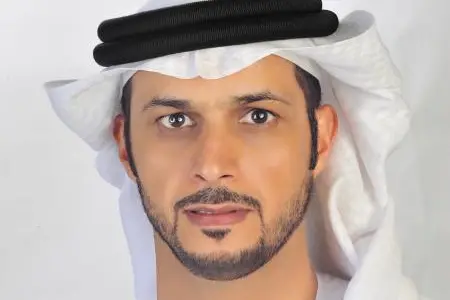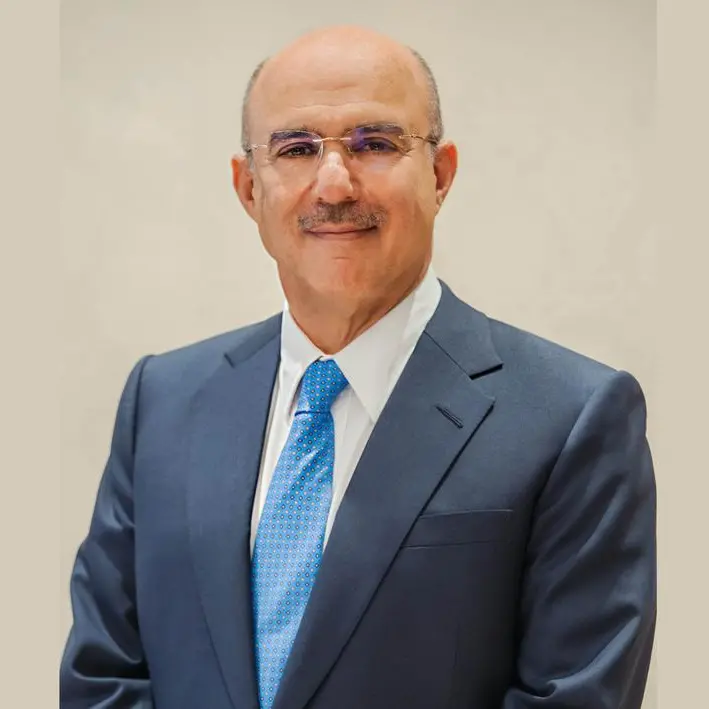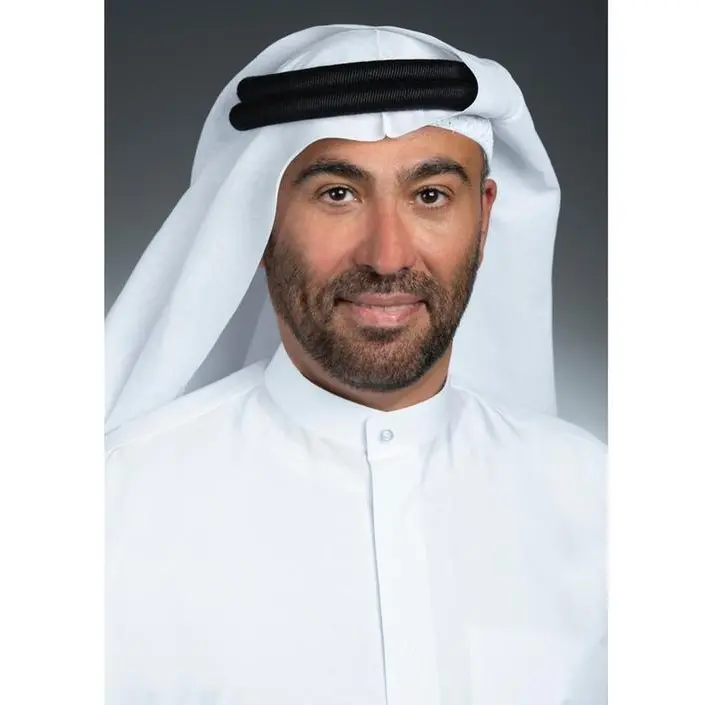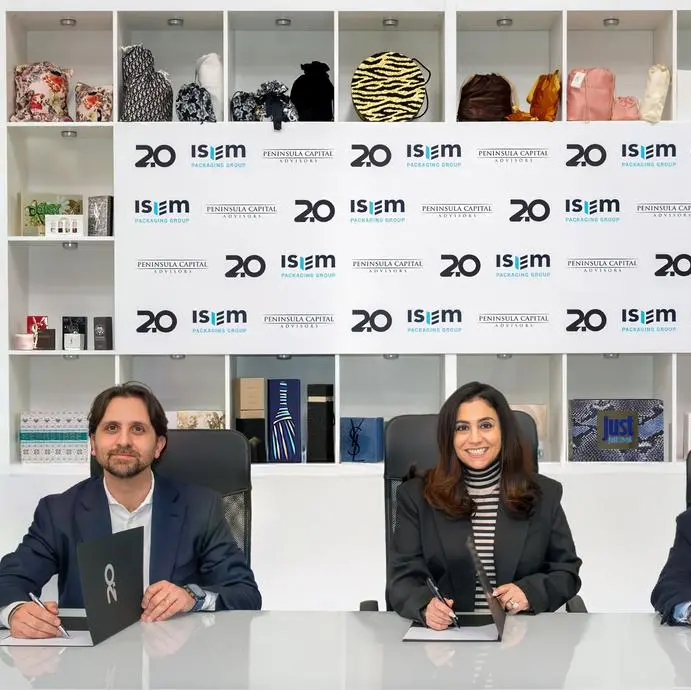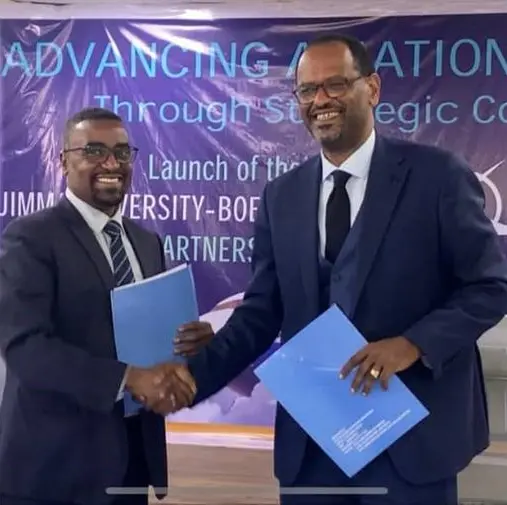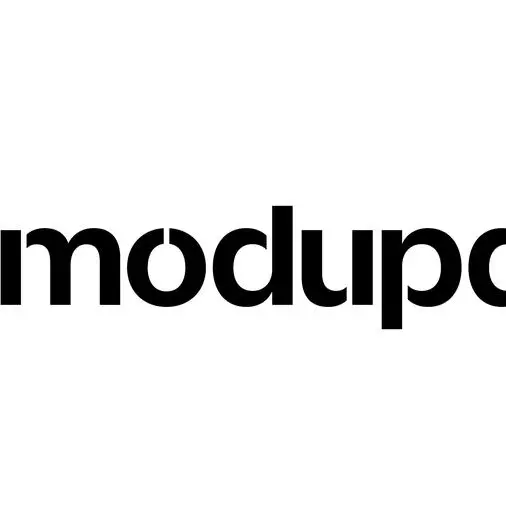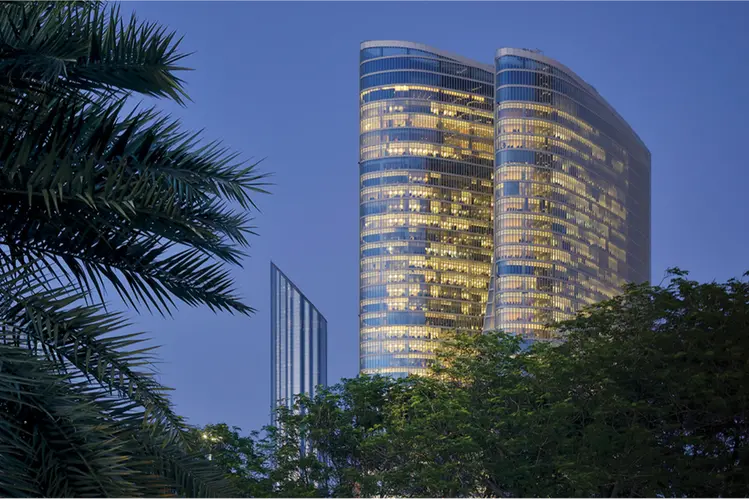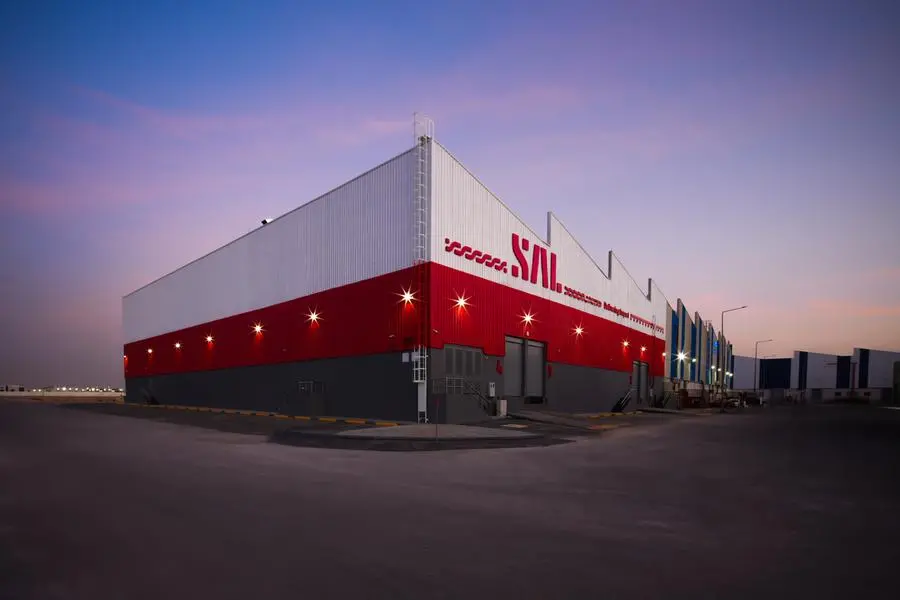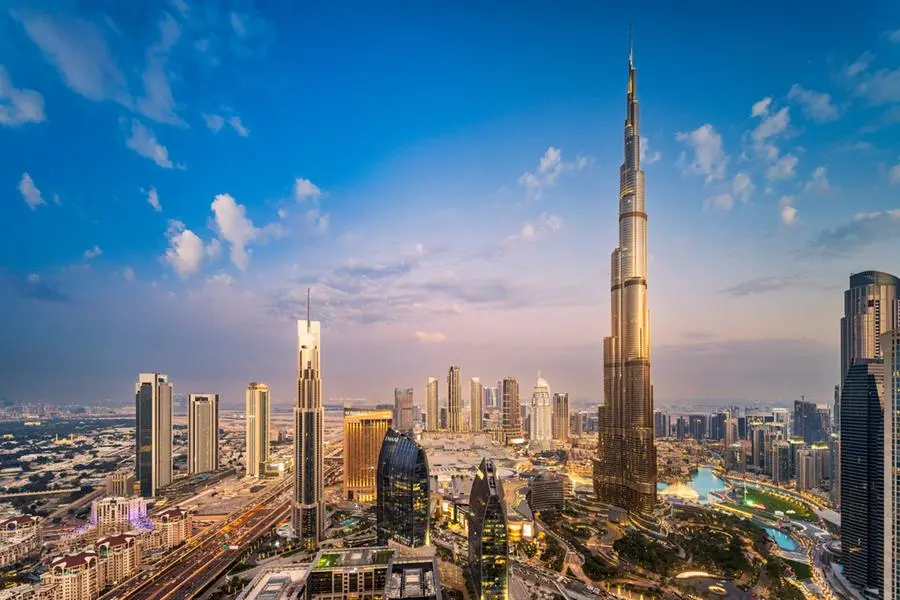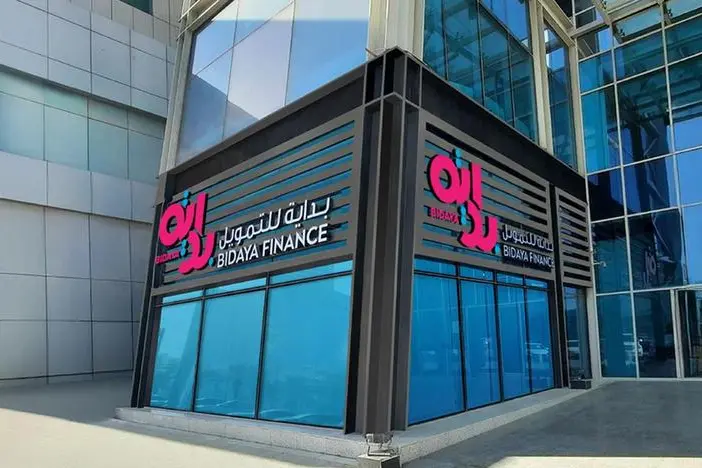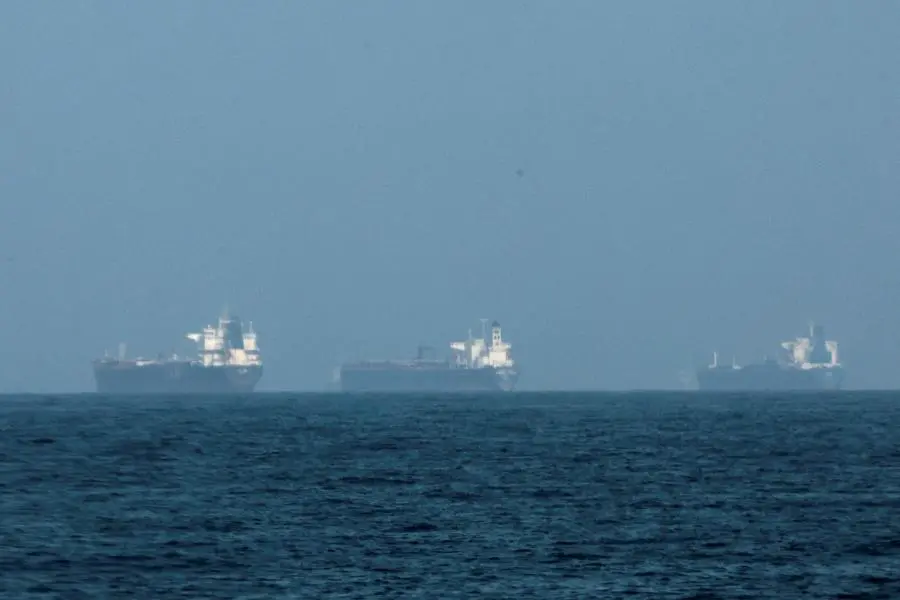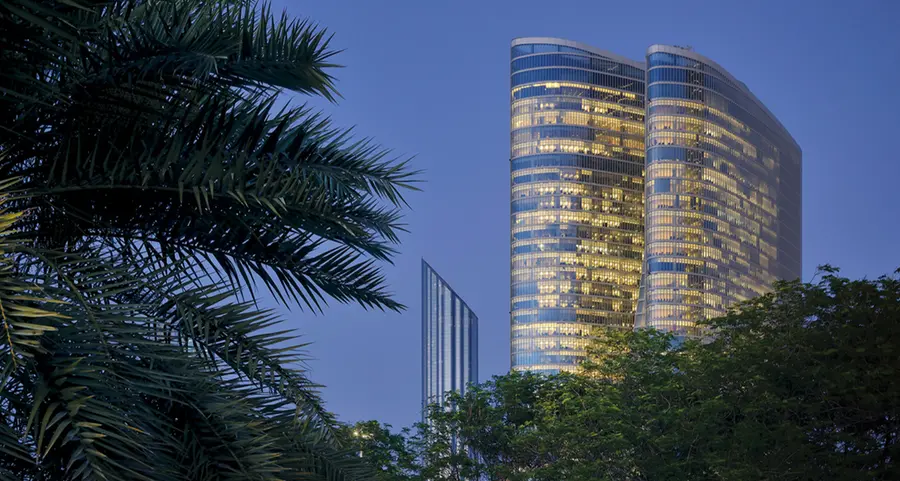PHOTO
- Abdulla Ahmed Alsuwaidi: This Statistical Yearbook highlights the development process of Abu Dhabi emirate to enable decision-makers to set strategies, plans, and programs based on reliable and updated statistical data.
Abu Dhabi : The Statistics Centre – Abu Dhabi (SCAD), a government entity under the Department of Government Support (DGS), published today the Statistical Yearbook of Abu Dhabi 2020. The publication helps decision-makers, the business sector and researchers to formulate policies, and devise plans based on robust data that serves the development goals of the emirate of Abu Dhabi.
The statistical yearbook provides up-to-date and accurate statistical indicators and data on six main sectors: economy, industry and business, population and demography, social development, labour force, agriculture, and environment. It also highlights the various activities of the government and private sector in the emirate; thus, reflecting the development process in Abu Dhabi over the past year.
Commenting on this, Abdullah Ahmed Al Suwaidi, Acting Director-General of SCAD, said: “The statistical yearbook is a key source of comprehensive, objective, and independent statistical data, on the developments witnessed by the emirate in various economic, social and environmental sectors. The book supports decision-making and strategic planning with reliable and updated statistical data.
“SCAD’s is committed to the provision of high-quality statistical data in accordance with the international best practices, to reflect the performance of the main sectors that drive development in Abu Dhabi on an annual basis to meet the needs of data users, including officials, decision-makers, researchers and stakeholders.” added Al Suwaidi.
“We would like to thank our strategic partners - ministries, government, and semi-government entities and private sector companies - for their cooperation in providing the data required for the production of the new statistical yearbook. This book underscores the success witnessed by the emirate. It highlights its achievements in supporting comprehensive and sustainable development across sectors, to improve Abu Dhabi’s competitiveness at the global level. It also helps to enhance the emirate’s socioeconomic status at regional and international levels. At this point, I would like to emphasize the importance of cooperation with various government and private stakeholders, as statistical work requires joint and integrated efforts.” Al Suwaidi added.
Below is a summary of the key indicators included in SCAD’s Statistical Yearbook 2020.
GDP
Several activities indicated by the Statistical Yearbook managed to achieve a high level of stability in 2019. According to SCAD’s estimates, the Gross Domestic Product (GDP) at constant prices grew by 1.5% in 2019 to AED 803,568 million compared with AED 792,065 million in 2018. Per capita GDP at constant prices grew by 10.2% to AED 313.1 thousand in 2019, up from AED 284.1 thousand in 2018. The Gross Fixed Capital Formation was AED 142,402 million, according to 2019 results.
Despite the importance of oil to the economy of Abu Dhabi, the Emirate pursues an ambitious strategy that seeks to expand and diversify the economy in order to fortify it against volatile oil prices. In this regard, it can be seen from the figures announced by SCAD, that oil accounted for only 40.8% of Abu Dhabi’s GDP in 2019, despite the rise observed in oil prices during the same year. This attests to the successful progress of the Emirate’s plans to expand the economic base and diversify the sources of income.
Industrial Producer Price Index (IPP) and Industrial Production Index (IPI)
Compared with 2018, the IPP dropped by 5.5% in 2019, while industrial production increased by 24.2% compared with 2018.
Wages and Compensation
Compensation of employees at current prices increased from AED 248,668 million in 2018 to AED 250,749 million in 2019. The main contributing groups to the rise observed in 2019 were “electricity, gas, water and waste management activities”, “arts, recreation, and other services” and “transportation and storage” which registered growth rates of 5.2%, 3.2%, and 2.6%, respectively.
Industry and Business
The Industry and Business chapter provides statistical data related to economic activities, reflecting the economic performance of the emirate and highlighting its diversity across various economic sectors.
The Business Environment
The Abu Dhabi Government is committed to facilitating business activities in various sectors, while building a diversified and resilient economy that is aligned with the global economy and appealing to foreign investments. A total of 18,452 new business licenses were issued in 2019.
Manufacturing
Manufacturing industries accounted for 6.3% of the preliminary estimates of GDP in 2019, and 10.6% of the preliminary estimates of non-oil GDP in 2019.
Information and Communication Technology
The number of fixed-line internet subscribers Per 100 inhabitants was 29, while the number of fixed telephone subscribers Per 100 inhabitants stood at 17 in 2019.
Hotels
There were 168 hotel establishments in Abu Dhabi in 2019, they hosted around 5.1 million, an increase of 2.1% over 2018. The hotels occupancy rate was 72.9%, up from 71.8% in 2018.
Social Development: Education
In 2019, there was a total of 449 schools in Abu Dhabi, including 251 government and 198 private schools, with a combined total of 16,681 classrooms, 386,722 students, 29,094 teachers and 9,849 administrators. With regards to teachers and classroom ratios, there are 13.3 students per teacher, and 23.3 students per classroom. The students gender ratio was 96.0 female students per 100 male students at all general education levels in the emirate.
In the academic year 2018 – 2019 there were 180,999 Emirati students enrolled in Abu Dhabi schools up to the secondary level, making up 46.8% of the total number of students. In the academic year 2018 – 2019, 56,289 students enrolled in higher education, of whom 76.4% were citizens. Also, 11,573 students graduated from higher education institutions during the same academic year, of whom, 70.7% were Emirati nationals.
Health
In 2019 there were 64 hospitals in the emirate, due to a number of new private hospitals that were opened in Abu Dhabi and Al Ain. The emirate also witnessed a remarkable increase in other health facilities (health centres, clinics and pharmacies). In this regard, SCAD statistics report 4 doctors, 10.7 nurses and 2.7 beds per 1,000 population.
Social Welfare
The social welfare services provided in Abu Dhabi contribute greatly to supporting the targeted members of society. A total of AED 909.6 million was provided to eligible citizens in social assistance in 2019, an increase of 0.8% over 2018. The number of students registered in government and private care centres in 2019 was 1,883, of whom 69.5% were citizens and 30.5% were non-citizens.
Culture and Heritage
The number of books in the National Library was recorded at 402.9 thousand in 2019. The number of visitors increased by 47.1% to around 205,000 visitors in 2019 compared with 139,000 visitors in 2018. The number of borrowers increased by 25.45% to 20,800 in 2019. The number of visitors to museums and parks decreased due to the conversion of the majority of Abu Dhabi parks to open parks, and therefore registering the number of visitors had halted since mid-2019.
Agriculture, livestock and fisheries
Over the past decades, the number of agricultural holdings has increased 38 fold, from 634 in 1971 to 24,018 in 2019, while the area of agricultural land has increased 33 times from 22,377 donums to 749,868 donums. The area cultivated with fruit trees made up 36% total area of plant holdings in 2019, followed by field crops at 5%, and vegetable crops at 3%.
The Statistical Yearbook includes data on commercial farms specialized in the production of poultry, eggs and cow milk in Abu Dhabi, which supply the emirate’s market with a substantial quantity of food. Poultry production reached 22,408 tons, the layers farms produced 529.7 million eggs, and dairy farms produced 136.9 thousand tons of cow's milk in 2018.
The total number of livestock including sheep and goats stood at 3 million in Abu Dhabi. The majority of which is in Al Ain region, which had 66.3% of total sheep and goats, while there were 442,018 camels, most of which were also concentrated in Al Ain region at 58.1% in 2019.
Sheep and goats constituted 85.8% of the total Abu Dhabi’s total livestock population, followed by camels at 12.7%, and cattle at 1.5%. These percentages account for the total livestock in traditional holdings in Abu Dhabi in 2019. The annual catch form Abu Dhabi fisheries in 2019 was 2,598 tons, equivalent in value to AED 57.2 million.
Environment, climate and waste
In 2019, the average minimum temperature in the emirate of Abu Dhabi was 22.9°C, while the average maximum temperature recorded was 34.2°C. Average annual rainfall increased by 221% from 81.4 mm in 2018 to 261.5 mm in 2019. The average minimum relative humidity (RH) stood at 24.7%, while the average maximum RH was 71.1%. Average atmospheric pressure was 1,009 hPA, and the average maximum daily solar radiation exceeded 7500 Watt /m2/h during summer days.
With regard to air quality, the concentration of air pollutants remained within permissible limits in 2019 and the mean annual concentration of particulate matter, i.e. suspended dust with a diameter smaller than 10 micron, ranged between 83.4 and 127.6 micrograms/m3 in the urban areas of Abu Dhabi.
In 2019 around 300.9 million cubic meters of wastewater was treated, of which 76% was in Abu Dhabi region compared with only 4% in Al Dhafra region.
In 2019, average production of waste in the emirate of Abu Dhabi was approximately 30.1 thousand tons per day, which equates to about 10.9 million tons of non-hazardous waste annually. Industrial and commercial waste accounted for the largest percentage (37%) of the total amount of waste generated in Abu Dhabi.
Electricity and Water
Due to the increasing demand and the growing urban and industrial expansion witnessed by the emirate, the electricity generated in 2019 reached approximately 72,830 GWh, it increased by 0.3% compared with 2018. The amount of desalinated water available in the emirate of Abu Dhabi in 2019 reached 235,020 million Imperial gallons.
Renewable Energy
In 2019, Abu Dhabi generated 2,163,799 MWh of electricity from renewable sources.
The Statistical Yearbook includes information and statistical data that covers diverse topics, and thus serves all users. It includes statistics on population and biometric information, housing, real estate, health, education, agriculture, water and environment, culture, media, foreign trade, services and social development, finance, insurance, prices, labour market, industry, GDP, transport, technology and communications, Islamic affairs, tourism, entertainment, sports, energy, economic installations, and government financial statements.
-Ends-
About Statistics Centre − Abu Dhabi (SCAD)
Statistics Centre − Abu Dhabi (SCAD) was established in 2008 in accordance with Law No. (7), to develop and organize statistical work in the Emirate of Abu Dhabi in particular and the United Arab Emirates in general. SCAD’s purpose is to produce statistical information that is consistent with the Emirate’s orientation towards sustainable development and strategic plans under the supervision and with full support of the Executive Council of the Emirate of Abu Dhabi.
Being the of the official statistical data collection agency in the Emirate of Abu Dhabi, the centre assumes the functions of preparing the statistical plans and programs that serve the emirate’s wider development programs, conducting statistical surveys across the emirate. SCAD is also responsible for the collection, classification, storage, analysis and dissemination of official statistics and the release of the results of social, demographic, economic, environmental and cultural surveys.
The activities of the centre encompass all areas relating to social conditions in accordance with relevant international standards and ethics, such as independence, professionalism, impartiality, objectivity, confidentiality, cost effectiveness and quality of statistics.
For more information, kindly contact us on:
Email: info@scad.gov.ae
Website: http://scad.gov.ae
Abu Dhabi Gov. Contact Center: 800555
Disclaimer: The contents of this press release was provided from an external third party provider. This website is not responsible for, and does not control, such external content. This content is provided on an “as is” and “as available” basis and has not been edited in any way. Neither this website nor our affiliates guarantee the accuracy of or endorse the views or opinions expressed in this press release.
The press release is provided for informational purposes only. The content does not provide tax, legal or investment advice or opinion regarding the suitability, value or profitability of any particular security, portfolio or investment strategy. Neither this website nor our affiliates shall be liable for any errors or inaccuracies in the content, or for any actions taken by you in reliance thereon. You expressly agree that your use of the information within this article is at your sole risk.
To the fullest extent permitted by applicable law, this website, its parent company, its subsidiaries, its affiliates and the respective shareholders, directors, officers, employees, agents, advertisers, content providers and licensors will not be liable (jointly or severally) to you for any direct, indirect, consequential, special, incidental, punitive or exemplary damages, including without limitation, lost profits, lost savings and lost revenues, whether in negligence, tort, contract or any other theory of liability, even if the parties have been advised of the possibility or could have foreseen any such damages.
